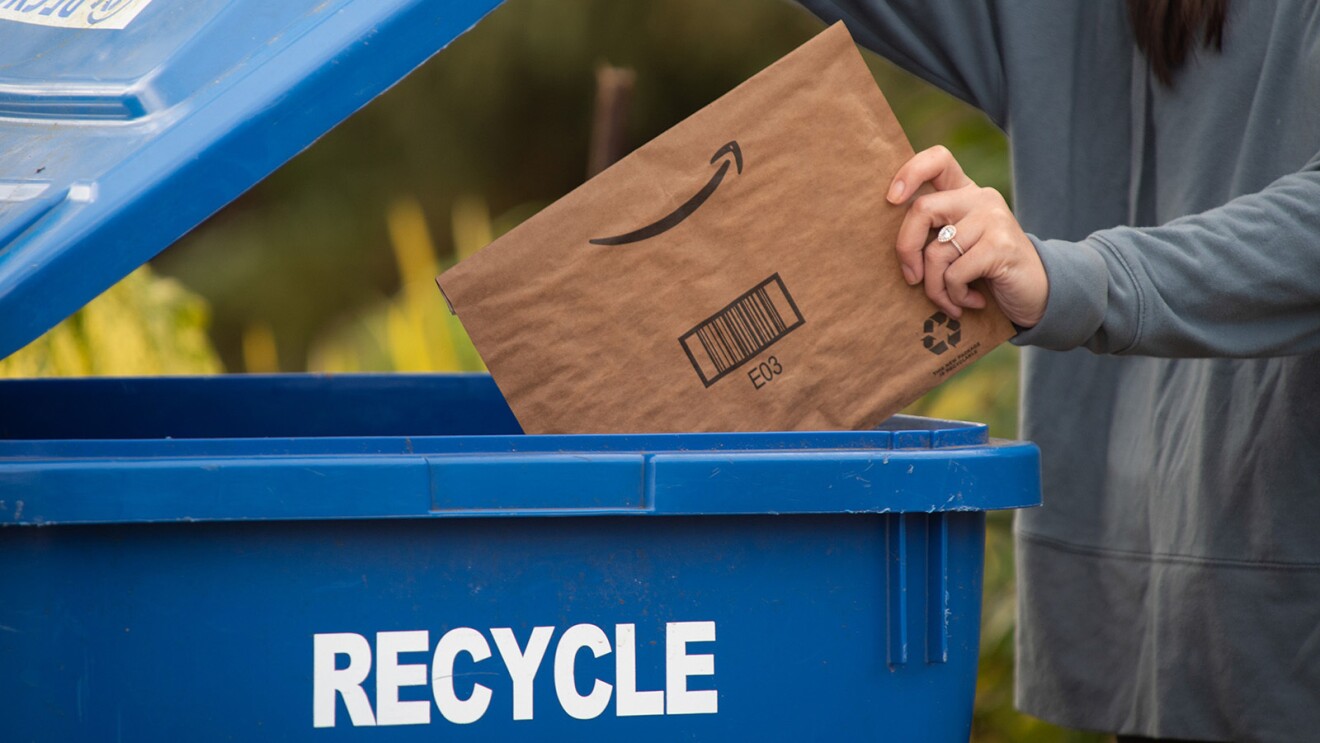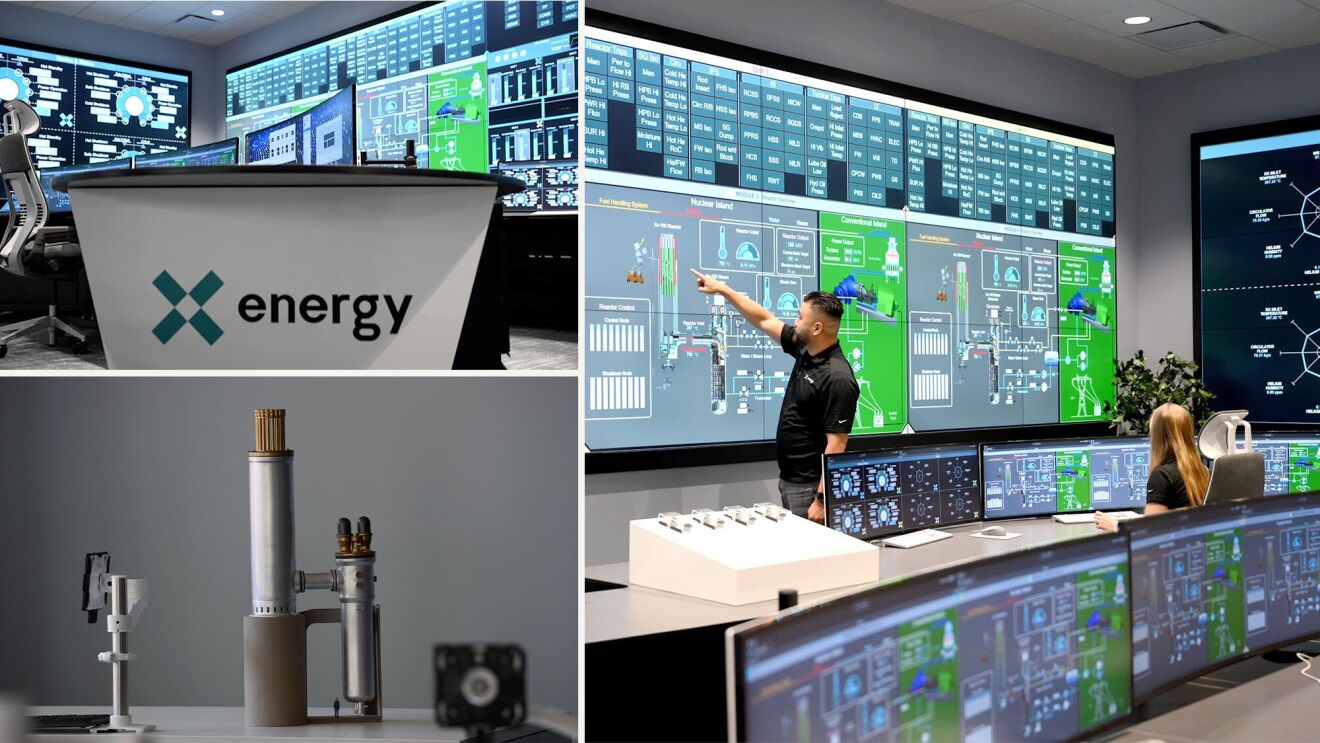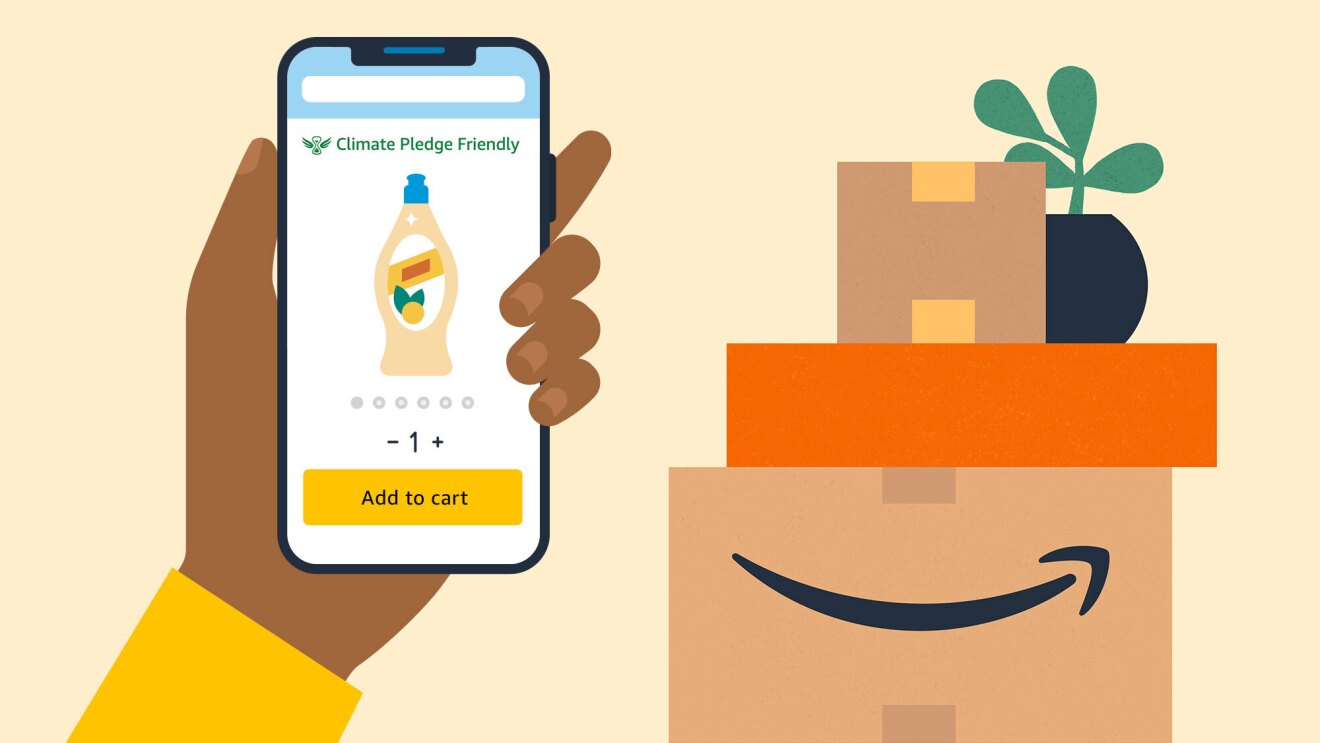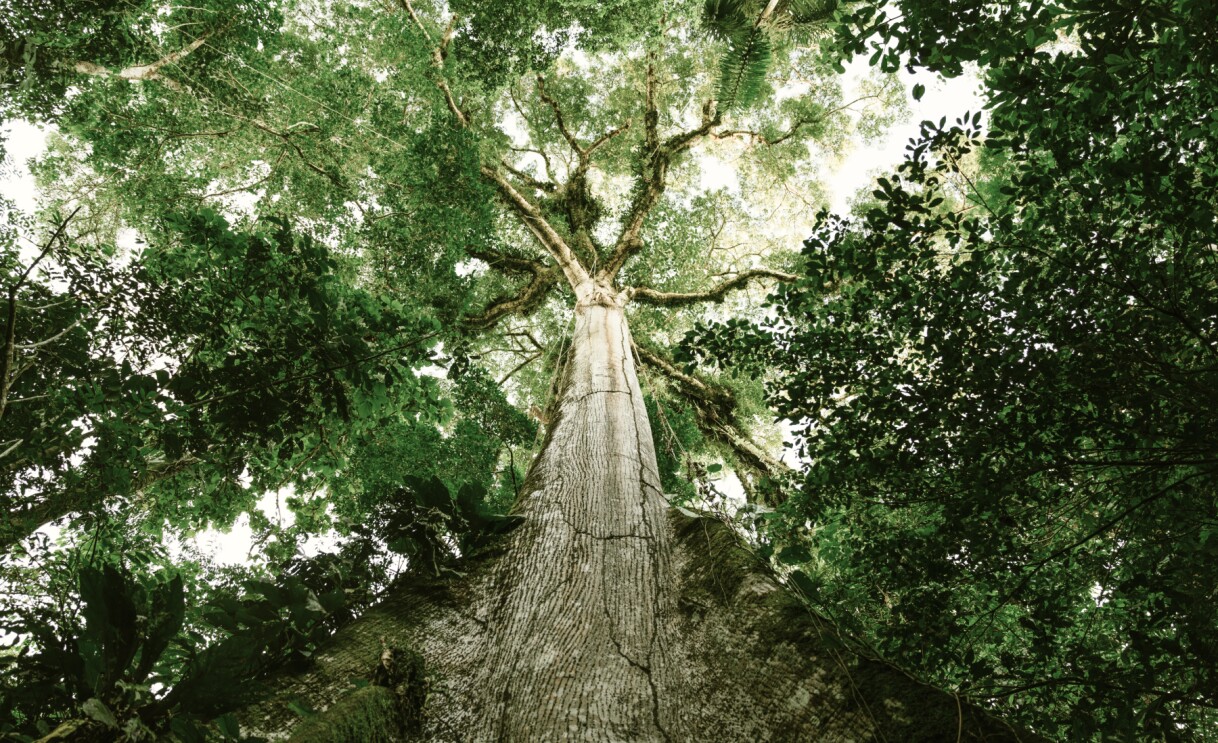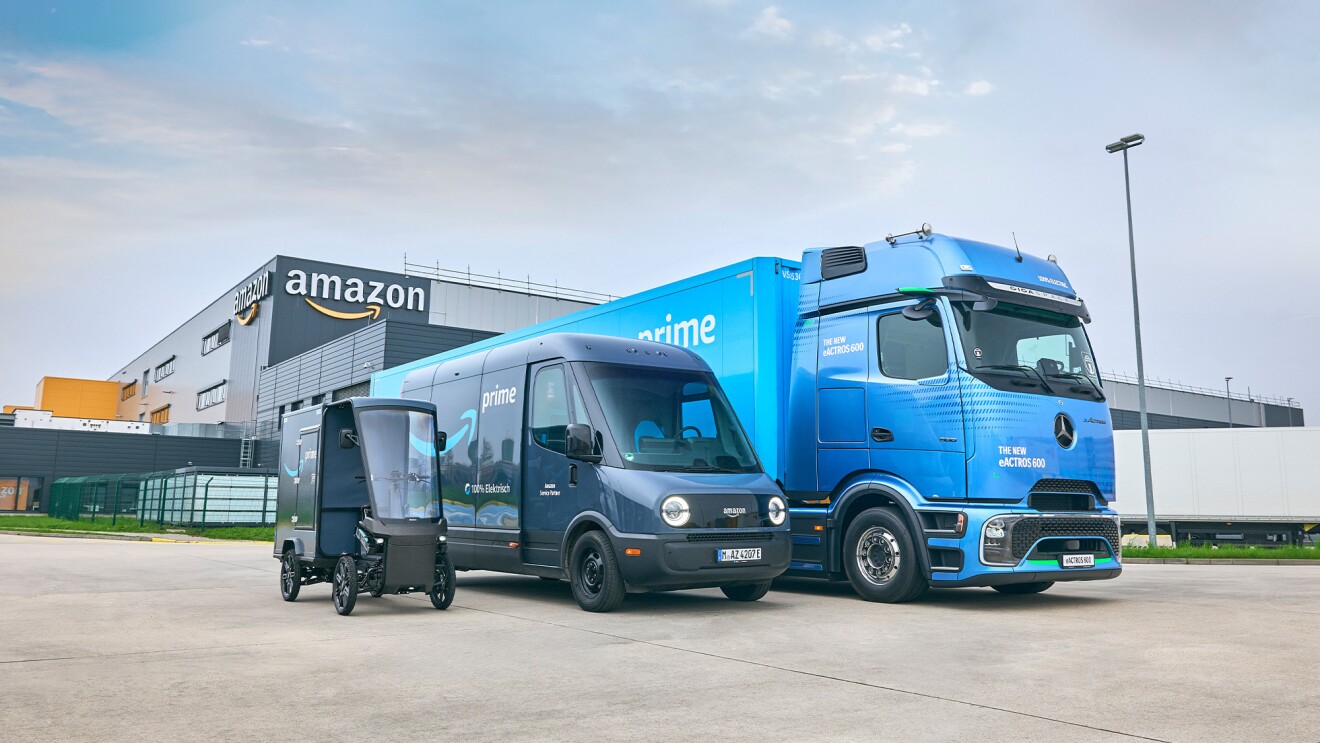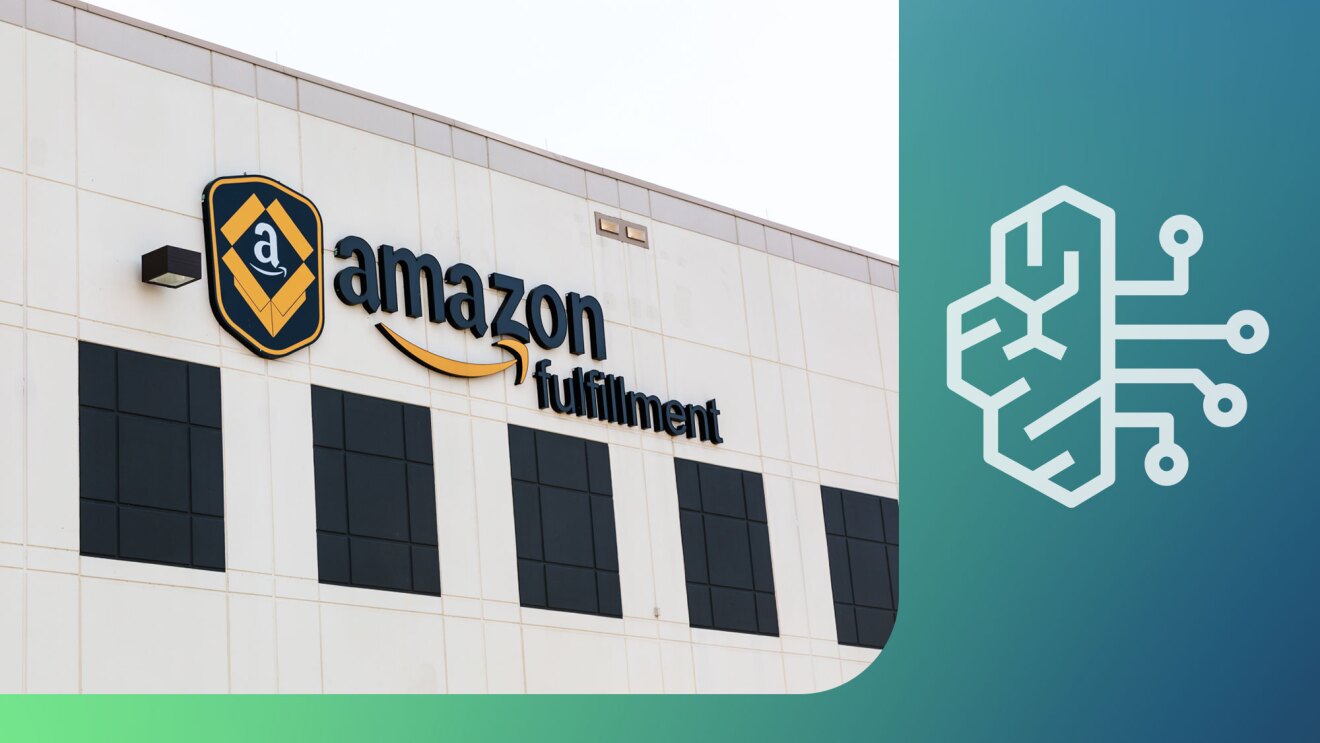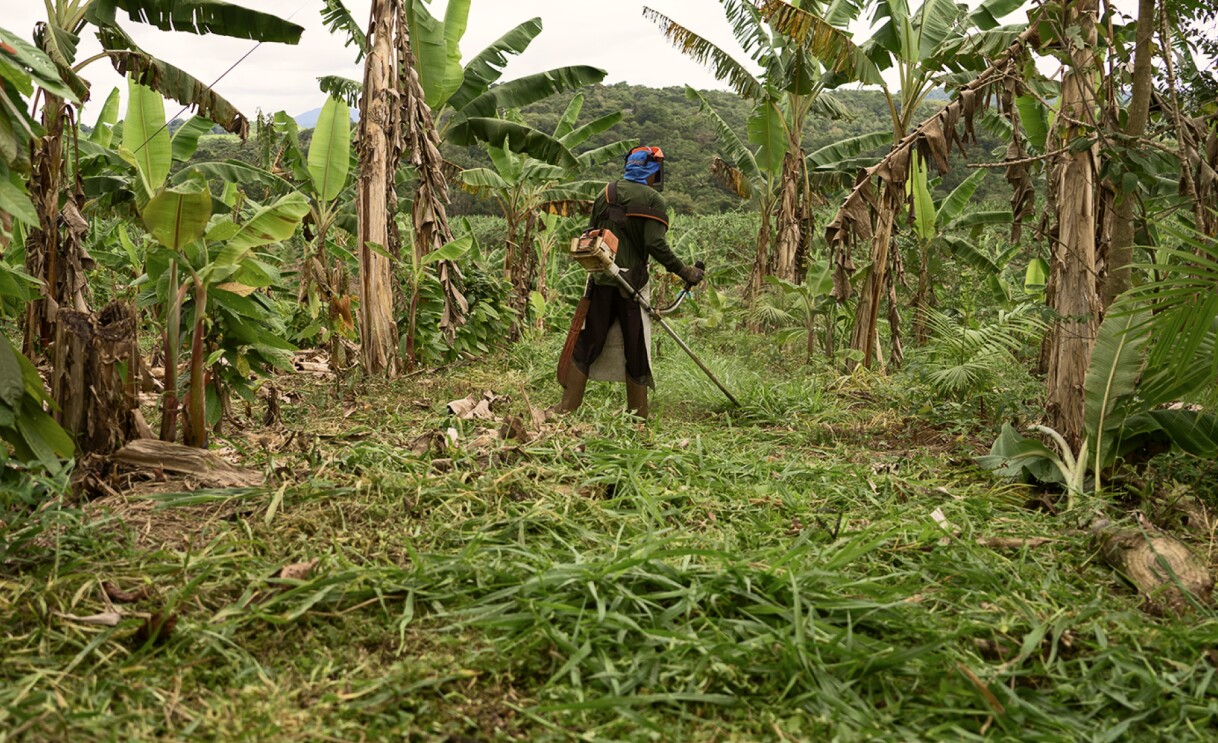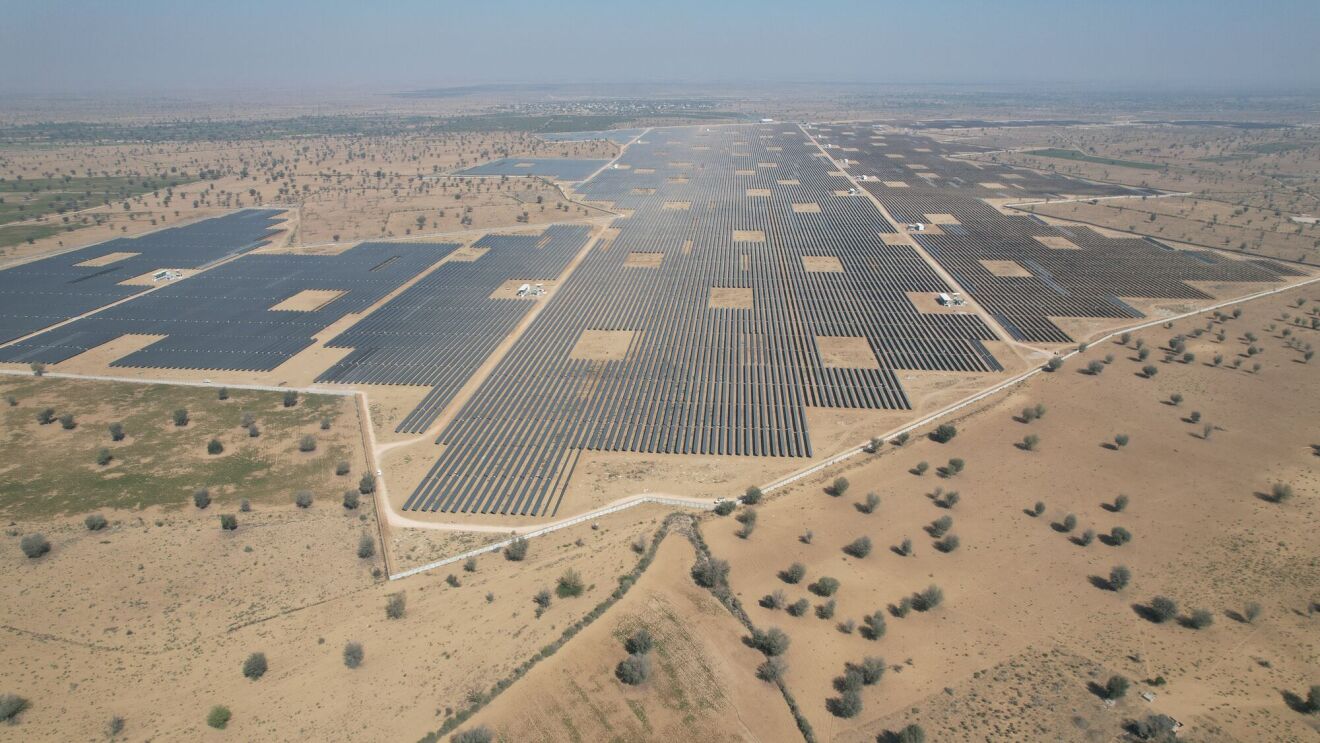Climate change is an urgent and pressing issue. Protecting the environment and the communities where we work and live is one of Amazon’s biggest priorities and we have the ability to use our size and scale for good. In anticipation of Earth Day, read about the actions Amazon has taken to help our customers shop more sustainably, and meet our commitment to be net-zero carbon by 2040.
Products that are more sustainable and good for your wallet
With the launch of Climate Pledge Friendly last September, we set out to offer our customers a way to make it easy to discover and shop for more sustainable products. We partnered with trusted third-party certifiers and created our own label, Compact by Design, to highlight products that meet sustainability standards and help preserve the natural world. In recognition of Earth Day, Climate Pledge Friendly products from Seventh Generation, The Honest Company, and Ethique are discounted from 15% up to 25%. Discounts are valid this year for Seventh Generation and Ethique from April 20-30 and for The Honest Company on April 22. We’re also excited to announce the addition of four new certifications: CarbonNeutral product by Natural Capital Partners, Carbon Neutral Certification by SCS Global Services, ClimateNeutral by Climate Partner, and Carbon Trust Carbon Neutral Certification. The new certifications add thousands of items to Climate Pledge Friendly from including BABOR, Bulldog Skincare, Flor de Caña Rum, Lavera, Logitech, Zanier, and more, to the growing selection of 75,000+ badged products across the U.S. and EU.
Another way for customers to shop more sustainably is through Amazon Renewed, which may help reduce electronic waste and extends the life of a product. The program is a place for shoppers to find great deals on pre-owned, like-new refurbished products that have been professionally inspected and tested by Amazon-qualified suppliers to work and look like new products. Whether shopping for a smartphone, camera, or TV, customers can find many of their favorite brands at up to 40% off the original price.
Powering operations and developing products using clean energy
As part of The Climate Pledge, Amazon is on a path to powering our operations with 100% renewable energy by 2025, five years ahead of our original target of 2030. In just a few years, all our buildings will be powered by clean energy generated from solar and wind projects around the world. We’re also proud to be the largest corporate buyer of renewable energy at 8.5 gigawatt to date—enough to power 2 million homes for one year. These wind and solar projects supply renewable energy for fulfillment centers, Amazon Web Services (AWS) data centers, and other Amazon facilities that support millions of customers globally.
Amazon is also working to reduce the carbon footprint of our devices. We are building new wind and solar farms to produce clean energy equivalent to the electricity used by every customer's Echo device, and we have committed to continue building renewable energy projects until we account for the energy consumption of all Amazon devices. Last year, we added a Low Power Mode to all new wall-powered Echo and Fire TV devices, which reduces their lifetime energy consumption by using less power during periods of inactivity. We also introduced a new energy dashboard that allows U.S. customers to understand the energy consumption of compatible Echo and Alexa-connected smart home devices in the Alexa app. In addition, customers can also enable Alexa to help them conserve energy. For example, if Alexa has a hunch that a customer is away and forgot to turn off a light, Alexa can automatically turn it off—helping you save energy without even thinking about it. You can also learn about Alexa Routines that might save energy—like turning the kitchen light off after midnight. For more sustainability tips, just say, “Alexa, let’s get sustainable.”
A more sustainable delivery to your doorstep
We are transforming our transportation network worldwide by inventing new electrification solutions and using alternative delivery methods to reduce carbon emissions. Just one year after announcing the purchase of 100,000 custom electric delivery vehicles as part of The Climate Pledge, Amazon has begun testing the new vans on delivery routes in San Francisco and Los Angeles. More customers will see the custom electric delivery vehicles cruising neighborhoods in up to 14 additional U.S. cities in 2021, ahead of tens of thousands of vehicles hitting the road over the next few years. We are also using e-cargo bikes for deliveries in some urban centers in the U.S., the UK, France, and Germany. In New York City, we use approximately 200 e-cargo bikes, which carry up to 45 packages each, to make deliveries from three Whole Foods Market locations to customers in Manhattan and parts of Williamsburg.
Unbox and upcycle
Amazon works diligently to minimize packaging waste and increase recycling. We have invented machine learning algorithms to help us make the smartest packaging choice for your orders. Our programs help us use as little material as possible while still protecting items. Smaller and lighter packages mean Amazon can pack more orders into each delivery, resulting in fewer trips and less fuel burned— all of which minimize our carbon footprint. Since 2015, we have reduced the weight of outbound packaging by 33% and eliminated over 1 million tons of packaging material, the equivalent of over 2 billion shipping boxes. In 2020 alone, we’ve eliminated over 27 million plastic bags from our device packaging.
Further, our Frustration-Free Packaging (FFP) Programs incentivize manufacturers to package their products in easy-to-open packaging that is 100% recyclable and ready to ship to customers without additional Amazon boxes. In 2019, we launched a fully recyclable paper padded mailer that protects products during shipping while taking up less space in transit. More than 200 million of the new mailers have been shipped to customers, reducing waste, saving fuel, and offering the same recyclability as Amazon's iconic box, without taking up nearly as much space in a recycling bin.
We also provide options for our customers to reuse, repair, and recycle their products—sending less material to the landfill and more back into the circular economy loop. Amazon Second Chance provides information on how to trade in eligible items, recycle Amazon devices and products, recycle Amazon packaging, and how to find refurbished products and devices. You can also find your nearest recycling locations for all your Amazon packaging.
The Climate Pledge
These programs and initiatives are helping us get to our goal of net-zero carbon by 2040, 10 years ahead of the Paris Agreement as part of The Climate Pledge. Companies including Unilever, Microsoft, Verizon, Mercedes-Benz, and more have signed the Pledge and committed to working toward net-zero carbon in their worldwide businesses—which in aggregate has the potential to significantly reduce corporate carbon emissions. Learn more about The Climate Pledge and signatories’ sustainability commitments by visiting The Climate Pledge website.
Our employees are also getting involved. Our Sustainability Ambassadors are part of a grassroots organization of Amazon employees working to expand the efforts of Amazon’s environmental and social impacts. They’re hosting their second annual Think Big Competition in order to inspire employees to identify and dream up new sustainability solutions to further support The Climate Pledge. The Sustainability Ambassadors are also working across the globe to host hyper-local summits with speakers, including Laure Lemarquis, Global CSR and Sustainability Director, Consumer Products Division at L'Oréal, Claire Cummings, Waste Programs Manager at Bon Appétit Management Company, Paul Chatterton, WWF, Founder and Lead, Landscape Finance Lab, and Tom Hall, Vice President at Lonely Planet, to educate and discuss reaching net-zero carbon by 2040.
We are delighted to bring our customers along on our journey to net-zero as we build a more sustainable business for them, their communities, and the planet.
Trending news and stories
- Meet Project Rainier, Amazon’s one-of-a-kind machine ushering in the next generation of AI
- Amazon launches a new AI foundation model to power its robotic fleet and deploys its 1 millionth robot
- Project Kuiper and U.S. National Science Foundation sign satellite coordination agreement
- Amazon MGM Studios sets Denis Villeneuve as director of next James Bond film





